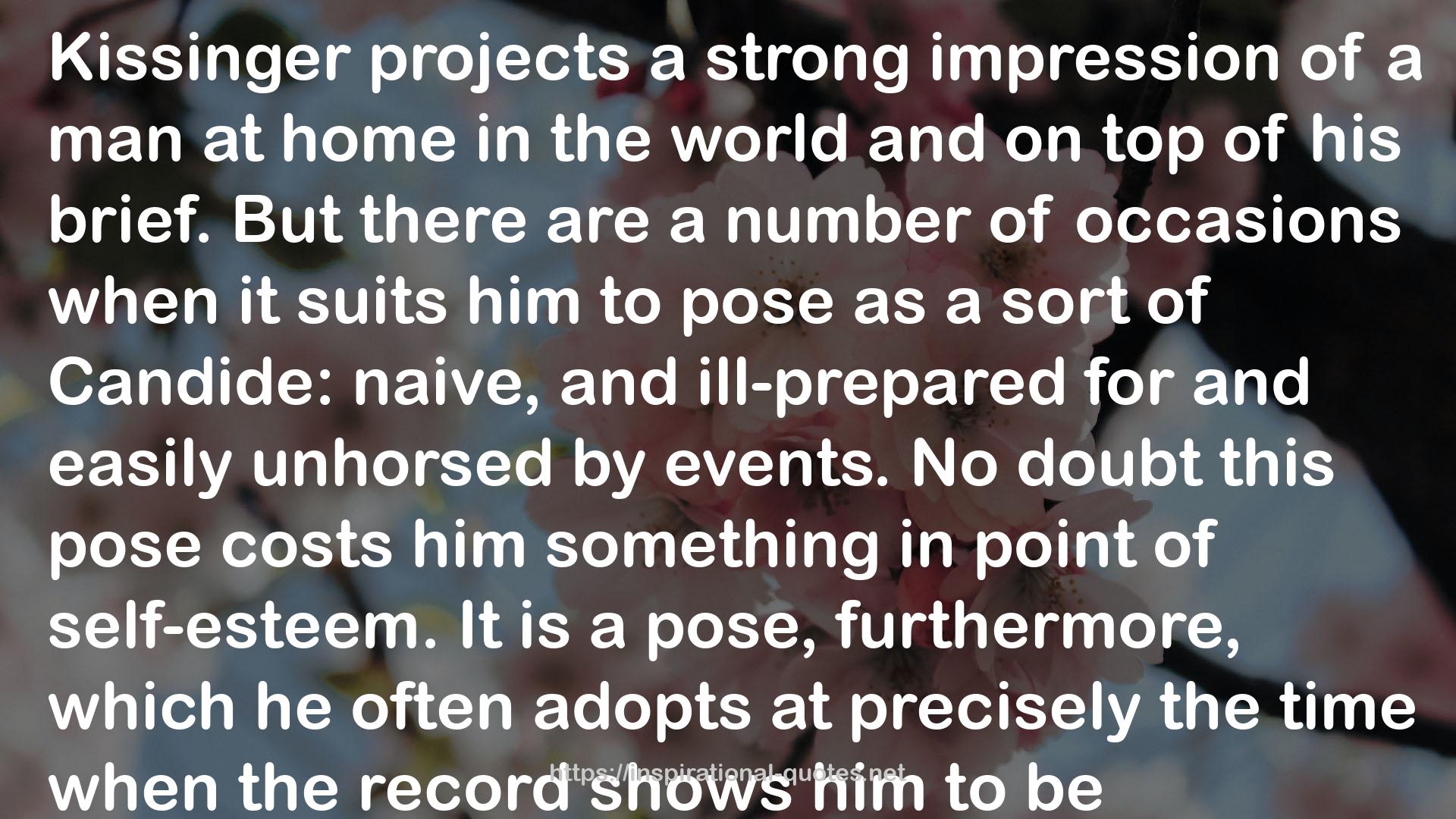Christopher Hitchens QUOTES

175 " Well, as Hannah Arendt famously said, there can be a banal aspect to evil. In other words, it doesn't present always. I mean, often what you're meeting is a very mediocre person. But nonetheless, you can get a sort of frisson of wickedness from them. And the best combination of those, I think, I describe him in the book, is/was General Jorge Rafael Videla of Argentina, who I met in the late 1970s when the death squad war was at its height, and his fellow citizens were disappearing off the street all the time. And he was, in some ways, extremely banal. I describe him as looking like a human toothbrush. He was a sort of starch, lean officer with a silly mustache, and a very stupid look to him, but a very fanatical glint as well. And, if I'd tell you why he's now under house arrest in Argentina, you might get a sense of the horror I felt as I was asking him questions about all this. He's in prison in Argentina for selling the children of the rape victims among the private prisoners, who he kept in a personal jail. And I don't know if I've ever met anyone who's done anything as sort of condensedly horrible as that. "
